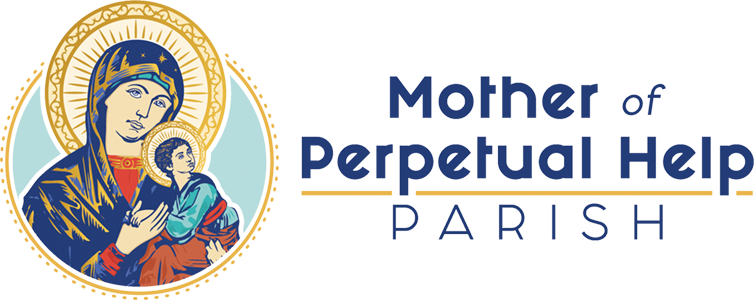The Epiphany of the Lord
Read this week’s readings here.

Who Were the Magi?
They might have been of the priestly class in Persia, or they were astrologers; either way they were highly proficient at reading the stars. (Astrology was not the same then as it is now – a major part of it was pure astronomy as they were considered one discipline then.) They were important figures in the Bible, due to their role in showing how Jesus fulfilled the ancient prophesy: “A star shall advance from Jacob, and a scepter shall rise from Israel” (Nm 24:17). The traditional belief that there were three stemmed from the number of gifts given. Matthew does not indicate the number or country of the Magi; he only states that there were more than one. In the NAB footnotes for Matthew, it says, “[Ps 72:10, 15; Is 60:6] These Old Testament texts led to the interpretation of the magi as kings.” They were important figures who traveled far to see Christ.
Biblical Timing
We celebrate the Epiphany on a separate day, because quite contrary to how it is often depicted outside of the Bible (especially in nativity scenes), the Magi visit occurred much after Jesus’s birth. That is also why church choirs often wait until this feast day to sing “We Three Kings” or “What Child it This?” at Mass. Based on Herod’s selfish and evil command to kill all male children two years and younger born in Bethlehem, Bible scholars believe Jesus was between 12-18 months old when the Magi visited.
The Three Gifts
There is a significance to the Gifts given to Jesus. in “Against Heresies” by St. Irenaeus, in Book 3, chapter 9, paragraph 2, St Irenaeus explains that Gold represents Jesus’s Kingship, Frankincense represents His Divinity (because He is God), and Myrrh, which was used in funerary preparations, represented that He shall die and be buried for the human race. The Magi knew through the significance of the Star, that Jesus is the Savior. The gifts were both symbolic and thoughtful, things that could help Jesus growing up.
Whew!
This Herod was Herod the “Great.” He had what we would call “a mixed review” today; some considered him great because all the building he did, and many considered him tyrannical. Either way, he was still a puppet king installed by Rome. So imagine his distress, finding out from far-away strangers, that a new King was born in Bethlehem. His reaction to this situation (the massacre of the innocents) puts Herod squarely in the tyrant category of rule. In Herod’s eyes, any direct threat to his rule was to be dealt with before Rome could catch wind of it. Thankfully, Jesus was spared by the Magi being warned in a dream not to return to Herod. Then in Matthew 2:13 (the next verse after today’s Gospel ends), Joseph was warned about the danger, and the Holy Family fled to Egypt.
